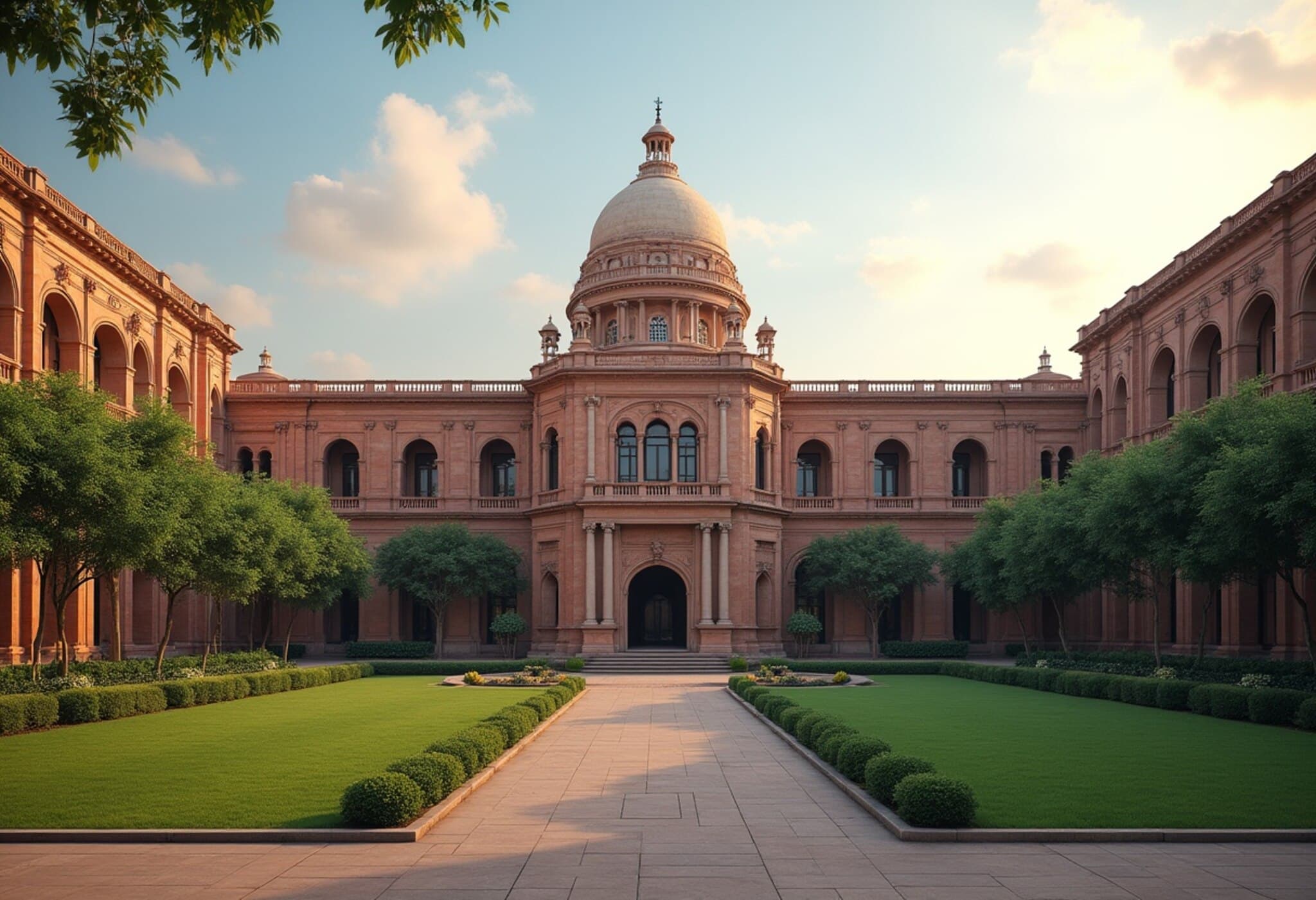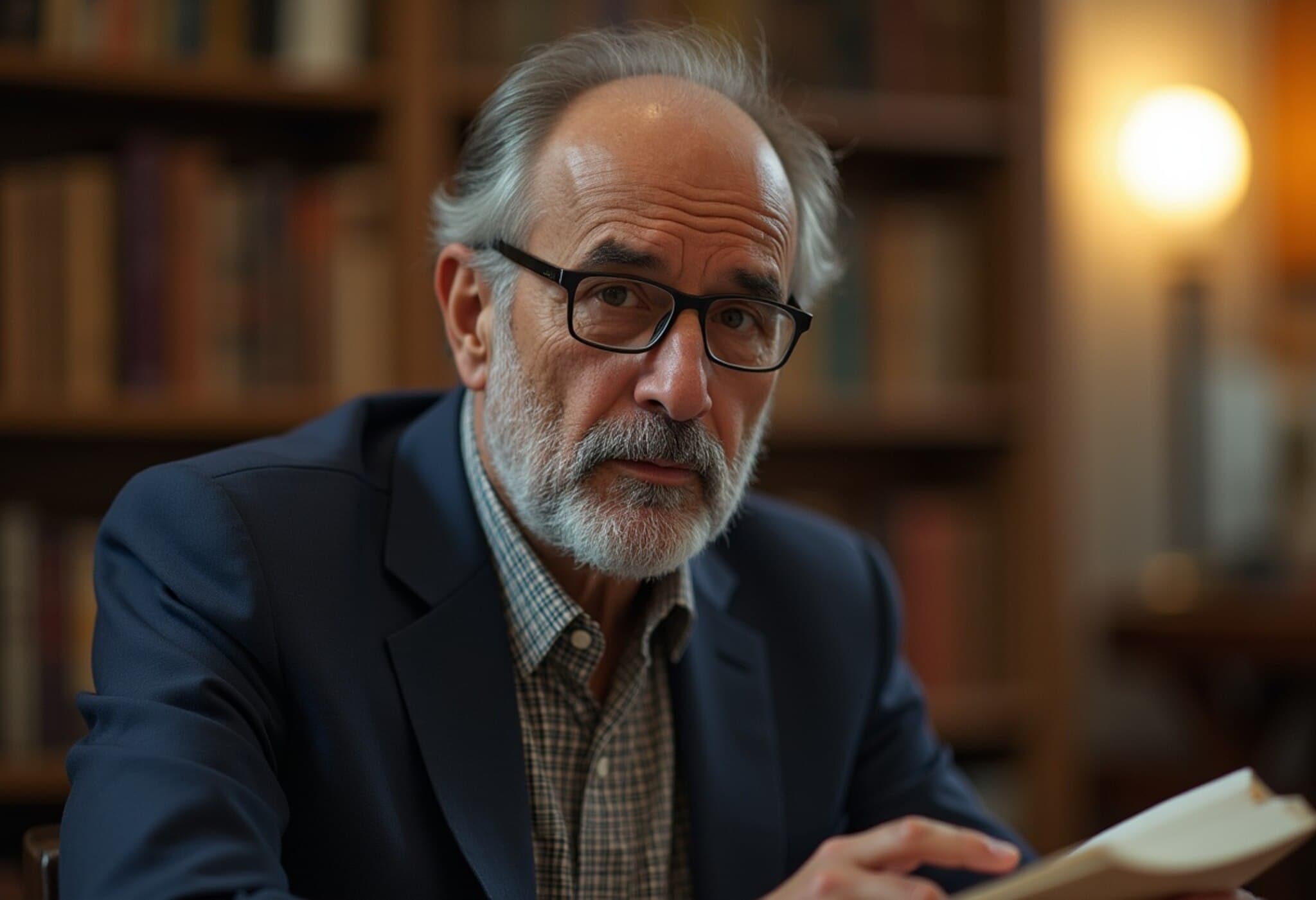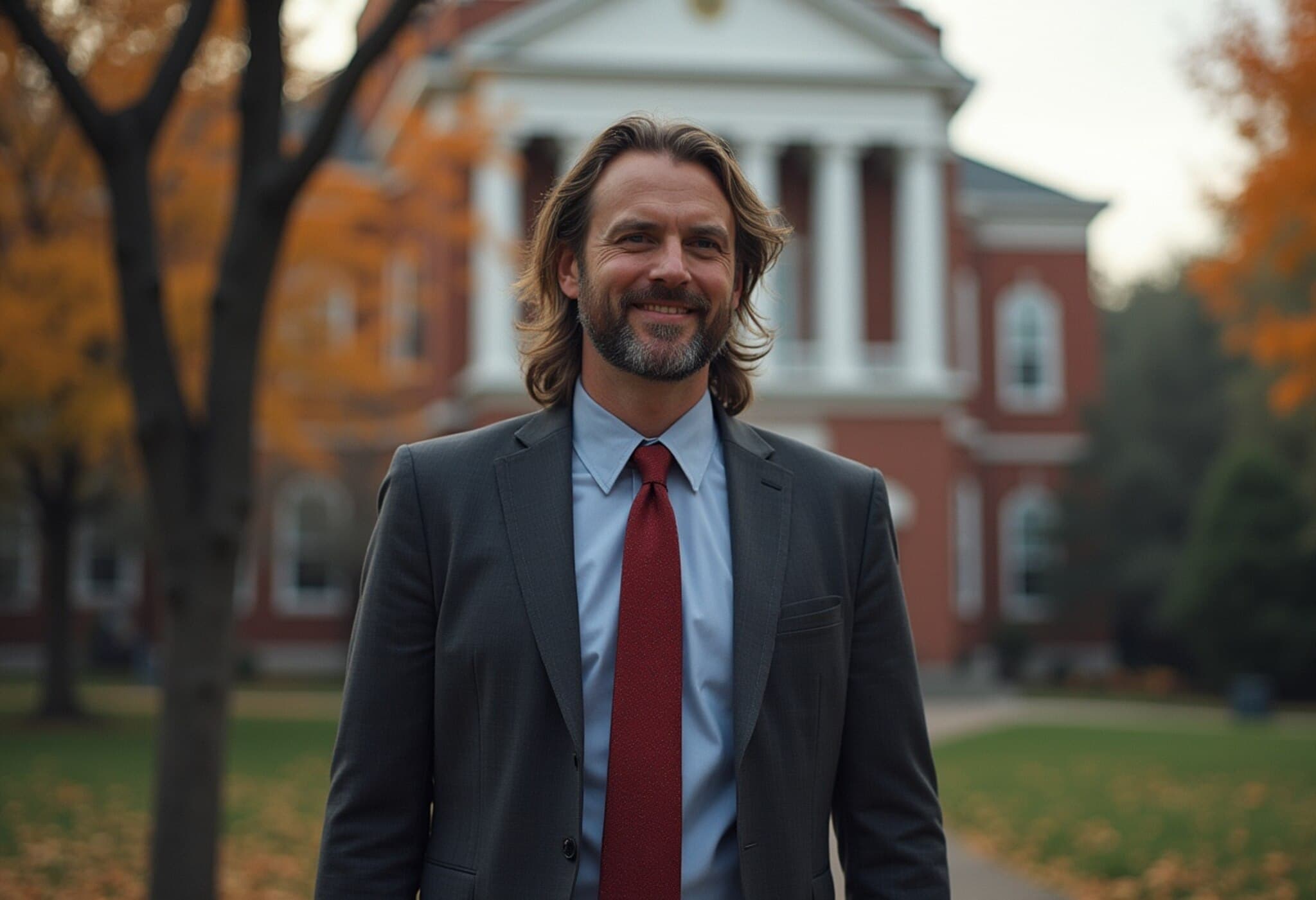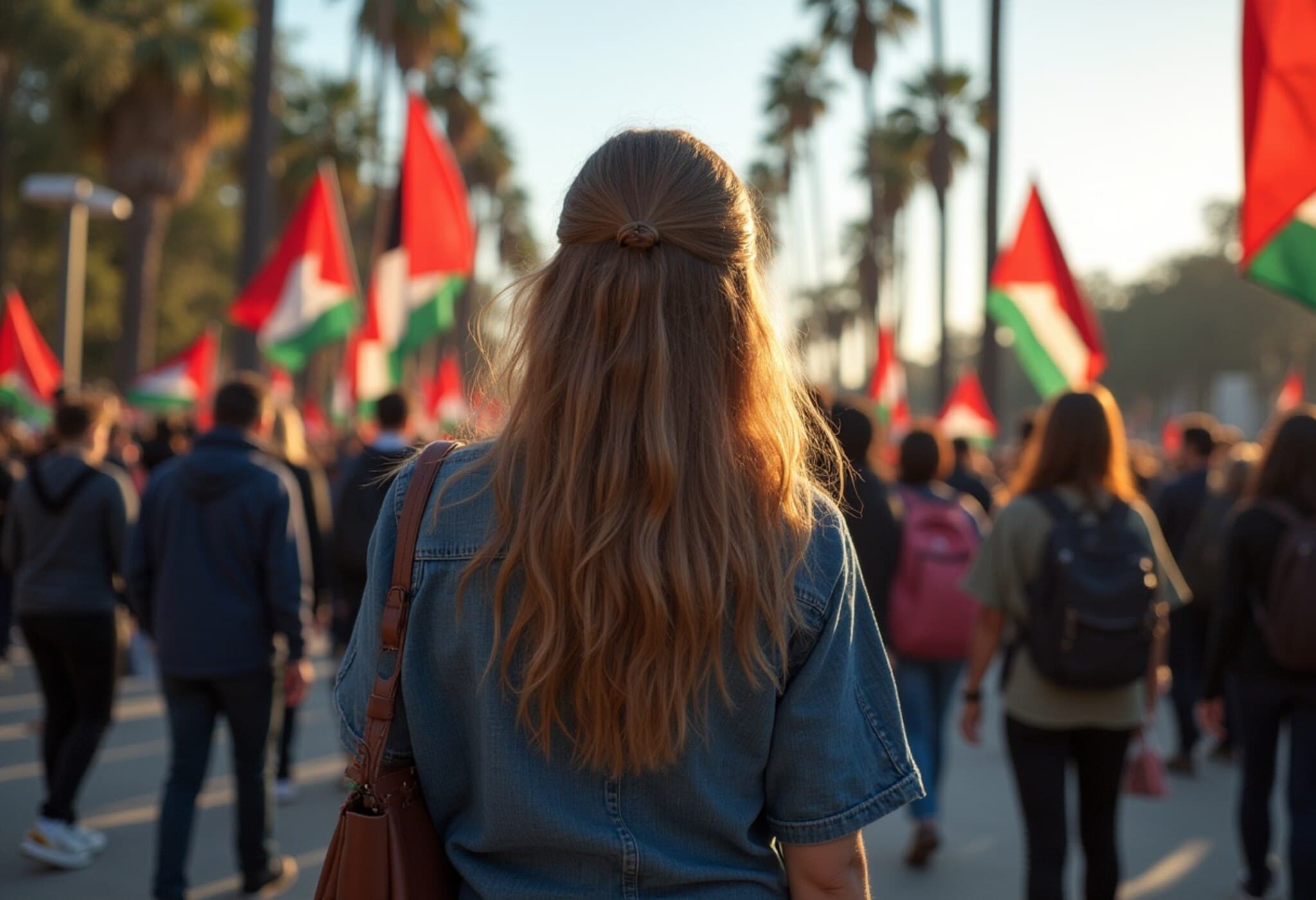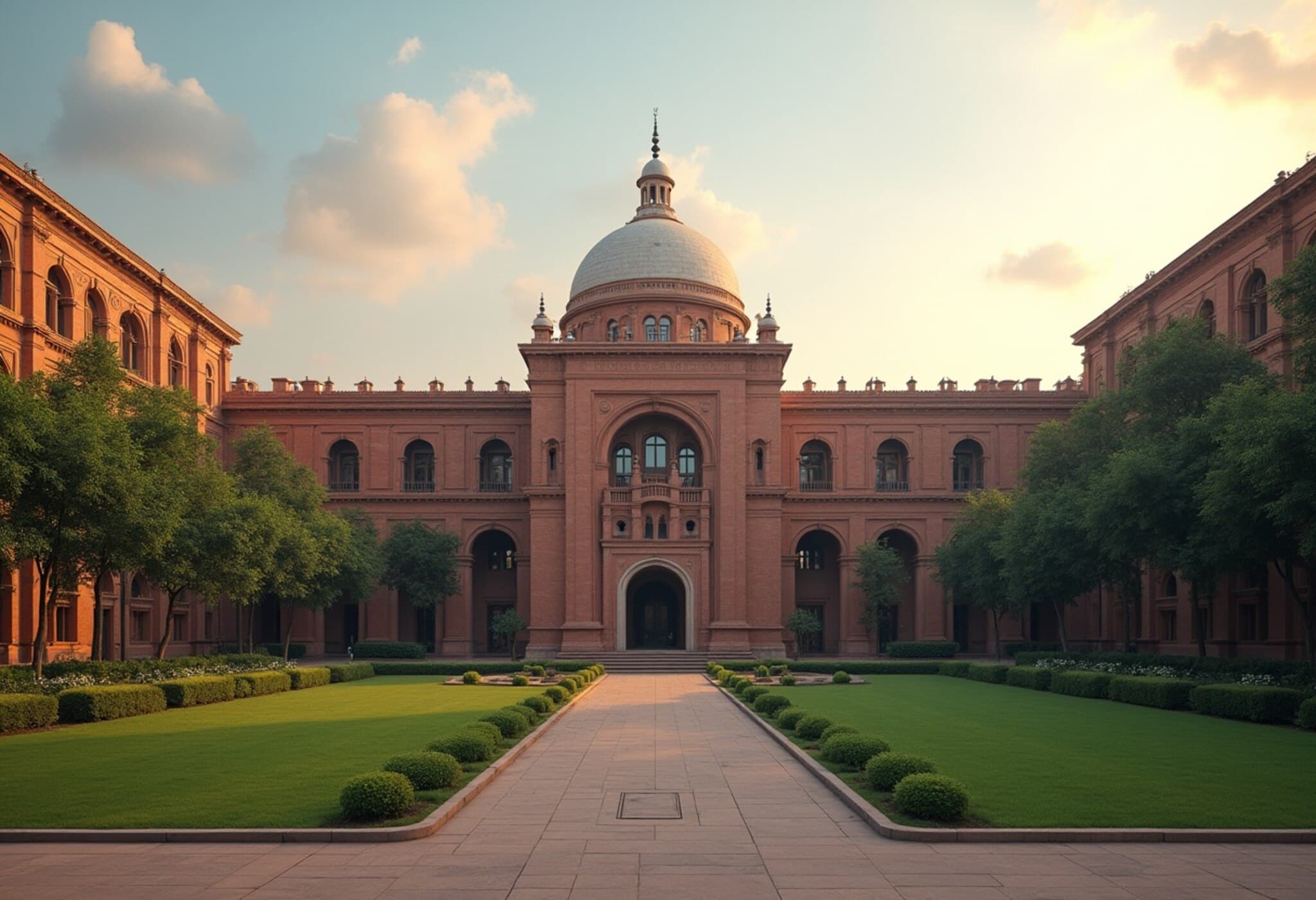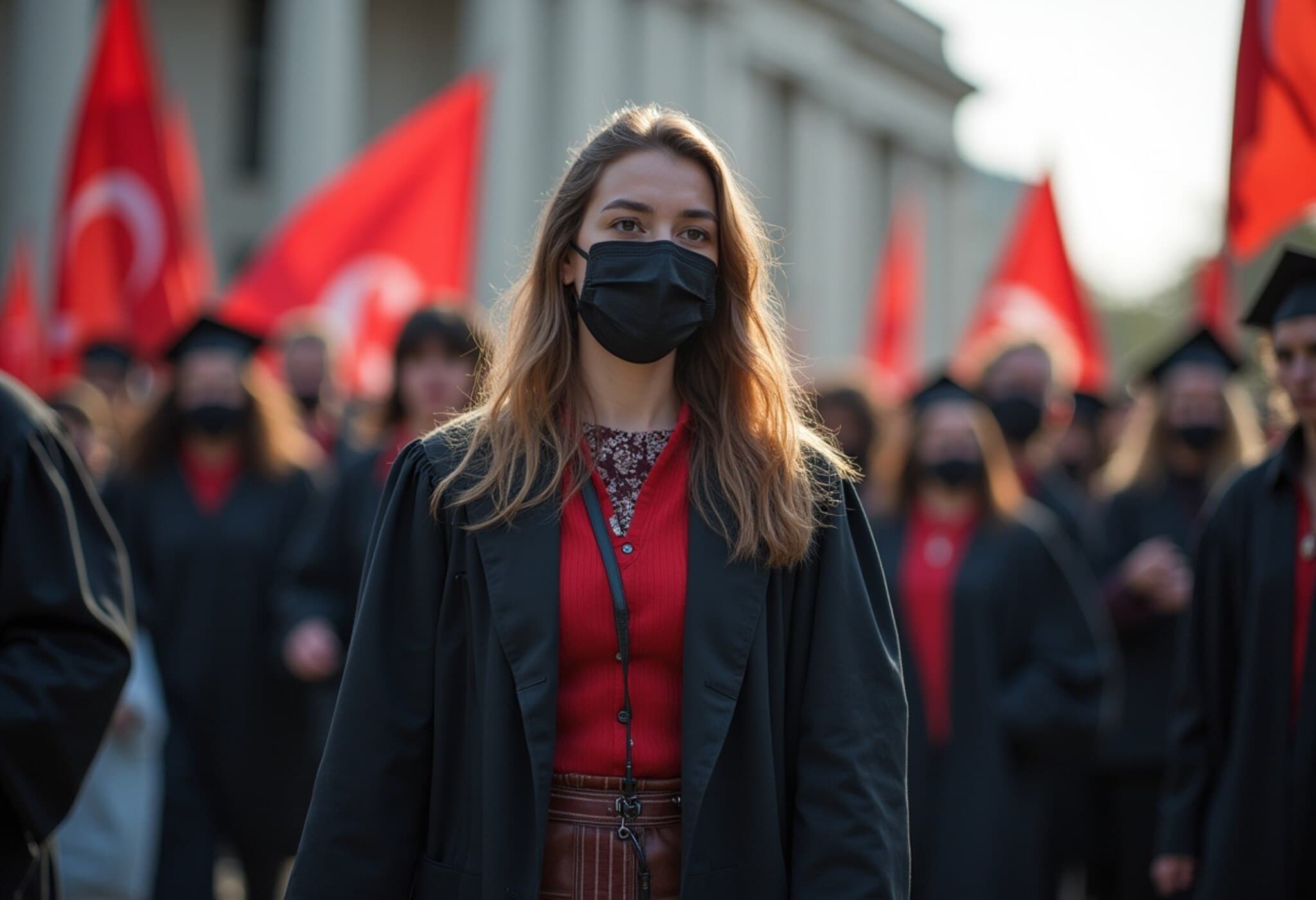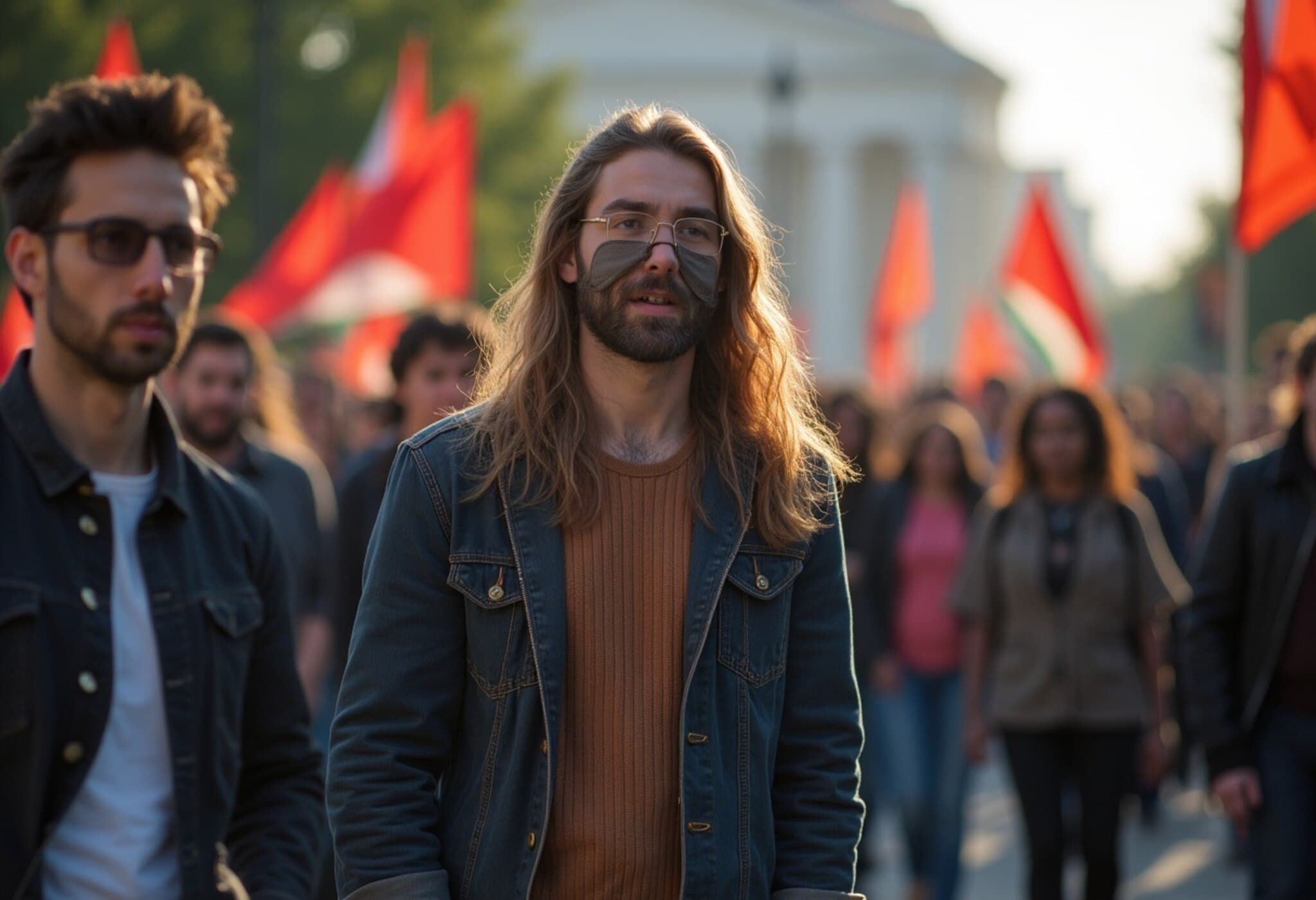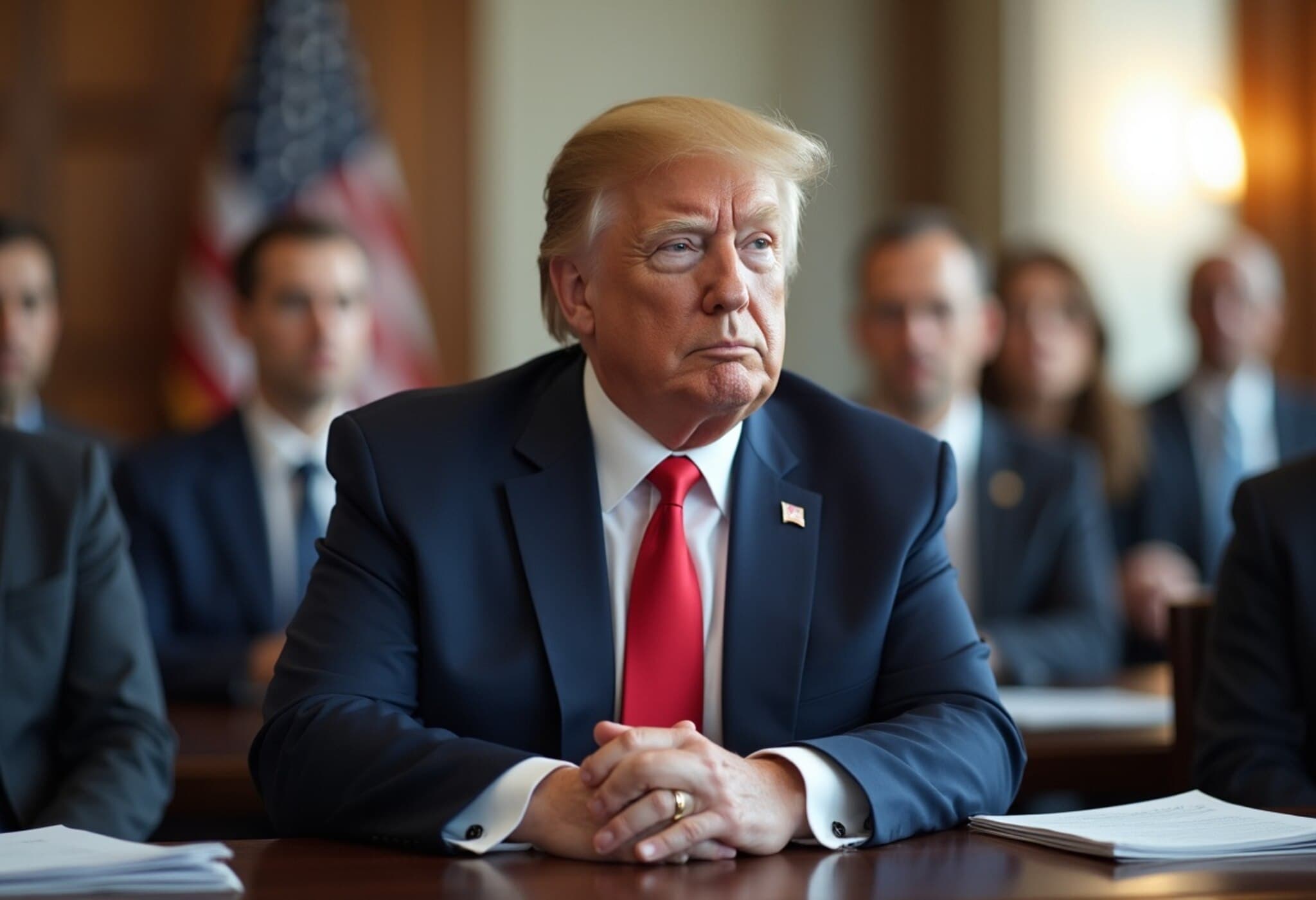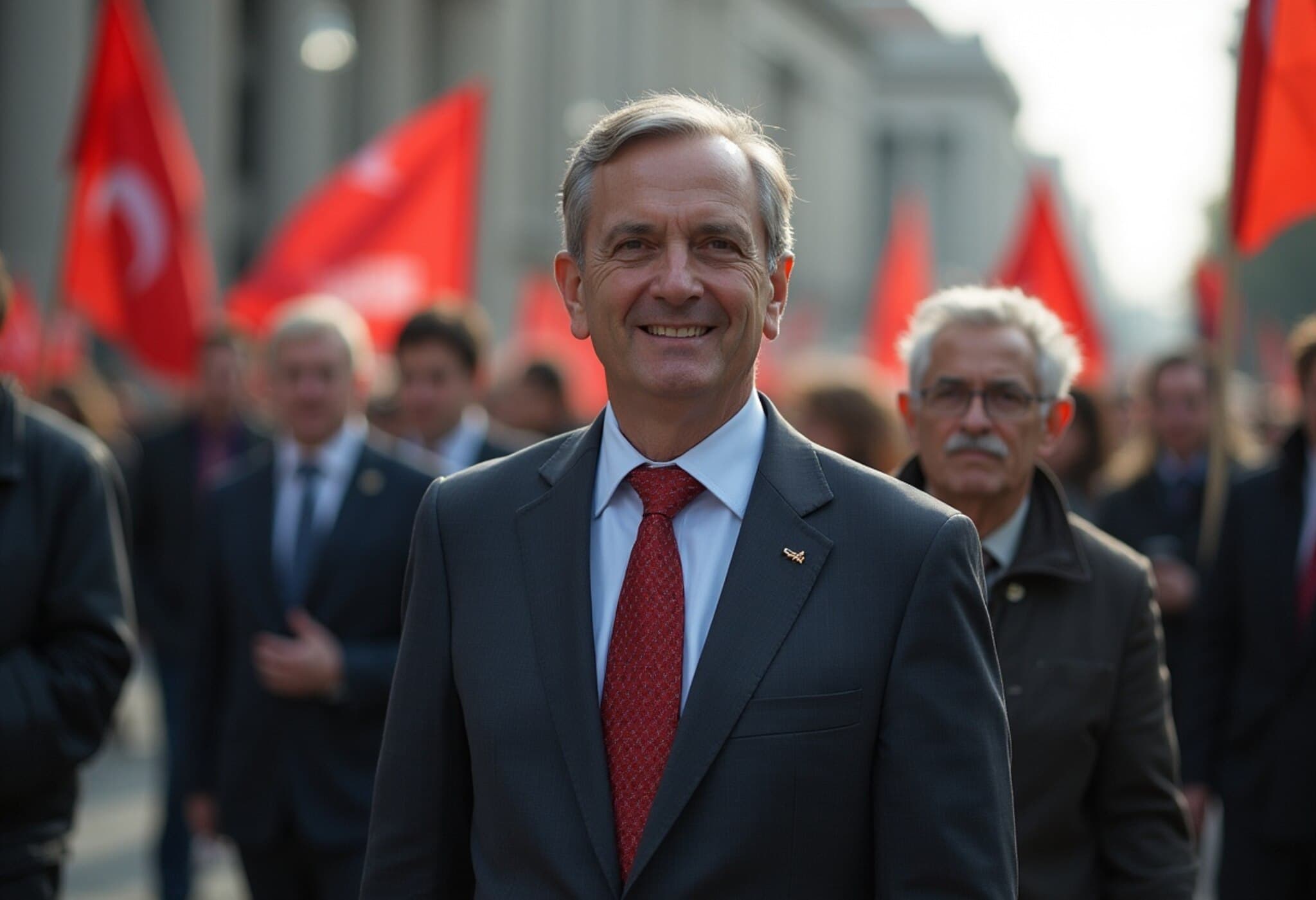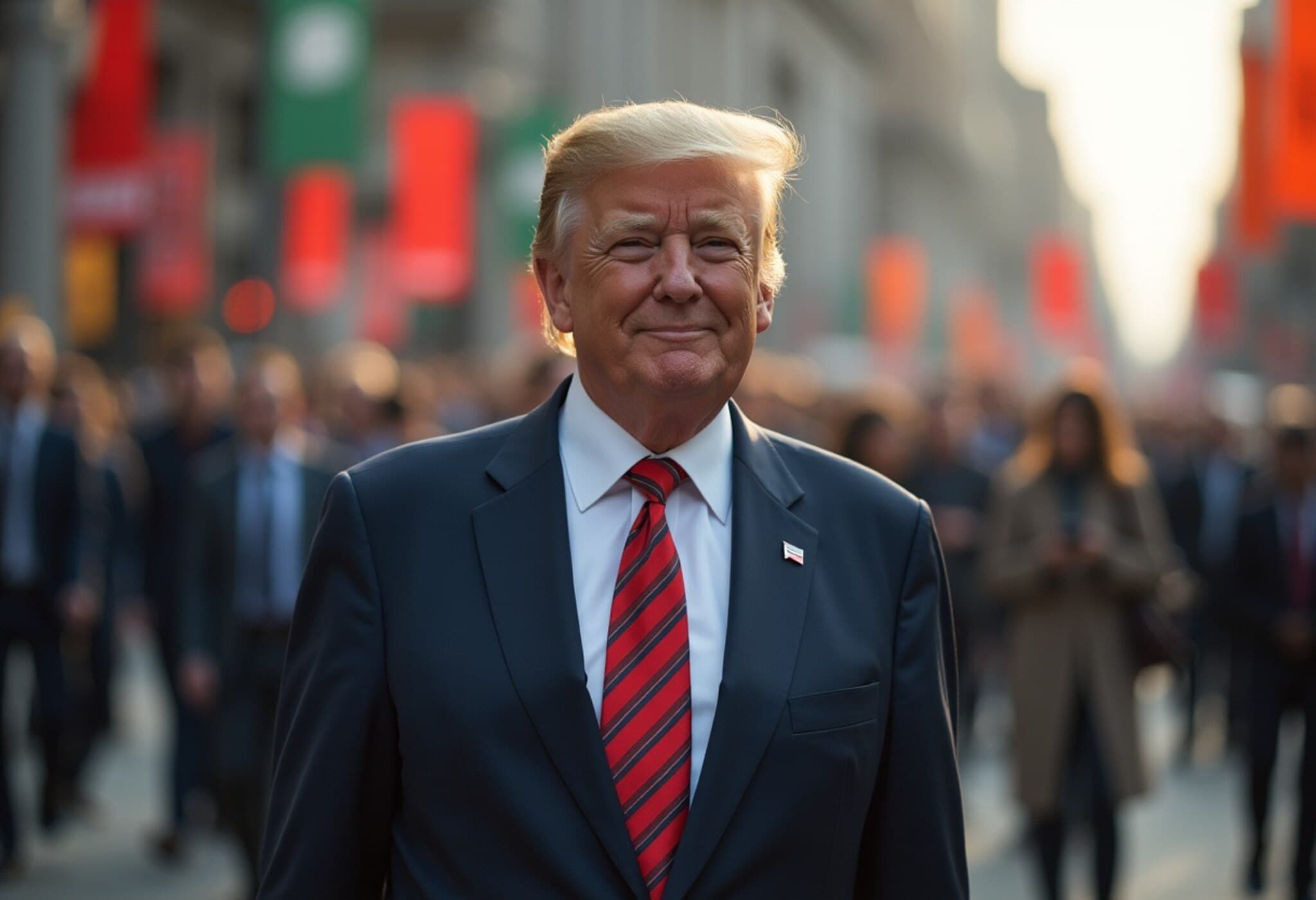Columbia University Faces Federal Funding Jeopardy Following Pro-Palestine Campus Protests
In a highly contentious move that has sparked nationwide debate on campus activism and free speech, Columbia University has expelled and suspended multiple students involved in last year’s pro-Palestinian demonstrations. This disciplinary action comes under the shadow of a looming $400 million federal funding threat, linked directly to allegations of insufficient response to antisemitism on campus.
The Ivy League institution, reeling from a series of protests sparked by Israel’s conflict in Gaza since October 2023, finds itself at the crossroads of federal scrutiny and student dissent. The Trump administration, now in its second term, wielded a sweeping executive order aimed at curtailing antisemitism and unrest in higher education settings, freezing substantial funding at Columbia as the first striking enforcement of this policy.
Behind the Crackdown: What Sparked the Disciplinary Actions?
According to reports, Columbia has taken measures against students involved in two major protest events: a sit-in at the campus library last month and a protest encampment during the university’s alumni weekend this spring. Though Columbia authorities have not publicly disclosed exact disciplinary figures, student advocacy groups say that at least 80 students face penalties, with some even stripped of their degrees — a severe repercussion rarely seen in modern campus activism.
This punitive wave is part of broader institutional changes following pressure from the federal government. Since March 2025, when the Trump administration froze hundreds of millions in funding, many universities have monitored the repercussions closely, cautious of similar punitive steps.
Timeline of Escalation: From Gaza to Hamilton Hall Occupation
- October 2023: Israel’s war in Gaza ignites global attention, with Columbia students mobilizing in solidarity with Palestinians.
- Spring 2024: The Columbia University Apartheid Divest (CUAD) coalition intensifies calls for divestment from companies tied to Israel, demanding a campus ceasefire statement and financial disentanglement.
- April 2024: Following university inaction on divestment talks, protesters—some unaffiliated with Columbia—occupy historic Hamilton Hall. Over 110 people are arrested in police actions prompted by university officials.
- 2025: Focus shifts towards punitive measures, with a new judicial board instituted for consistent disciplinary enforcement under the provost’s oversight.
Transforming Campus Governance and Academic Oversight
The university’s recent reforms extend beyond mere disciplinary penalties, signaling a fundamental shift in campus governance and academic freedom. An internal letter from Columbia’s board of trustees reveals aggressive policy overhauls affecting protest management and Middle Eastern studies curricula:
- Academic Autonomy Challenged: Oversight of the Middle Eastern, South Asian, and African Studies departments has been removed from faculty control and reassigned to university-appointed officials, sparking concerns about politicization and restrictions on scholarly independence.
- Stricter Protest Regulations: New rules prohibit face coverings during demonstrations and forbid unauthorized encampments, aiming to curb future prolonged occupations.
- Antisemitism Definition Overhaul: Columbia adopted a new, expansive definition linking opposition to national movements with antisemitism, raising alarms about potential stifling of legitimate political protest.
- Cutting Ties with Activist Groups: The university has ceased engagements with CUAD and warned other student organizations that they could face collective sanctions for individual members’ actions.
- Liability Shift to Student Organizations: A new policy holds groups accountable for the conduct of their members, further chilling campus activism.
Federal Policy and Its Broader Implications
These drastic measures align closely with a nine-point mandate issued by the Trump administration, reflecting a strategic campaign to reshape discourse on college campuses nationwide. The 2025 executive order also demands universities surveil international students’ political activities and threatens visa revocations amidst political unrest on campus.
Whether Columbia’s compliance will restore the withheld $400 million remains uncertain. A university spokesperson stated, "The university has submitted its full compliance report and we await the administration’s decision."
Voices of Concern: Civil Liberties and Academic Freedom at Risk?
Civil liberties advocates warn that Columbia’s concessions may set a chilling precedent. An attorney for the Academic Freedom Defense Fund called the federal intervention "the most significant in modern American campus speech history," suggesting potential nationwide ripple effects that could erode free expression and student activism.
Conversely, Columbia’s board of trustees expressed a commitment to fostering "a respectful and inclusive learning environment," emphasizing the importance of combating antisemitism, harassment, and discrimination.
Editor’s Note
The unfolding case at Columbia University raises critical questions about the balance between combating hate speech and preserving the fundamental right to political dissent. As government influence penetrates academic institutions with mounting force, students, faculty, and policymakers must grapple with the implications for educational freedom, civil liberties, and the future of campus activism in America. Will other universities follow Columbia’s path under federal pressure, and at what cost to democracy’s foundational values?
Stay tuned as this story develops and the debate over free speech and federal oversight on campuses intensifies.


